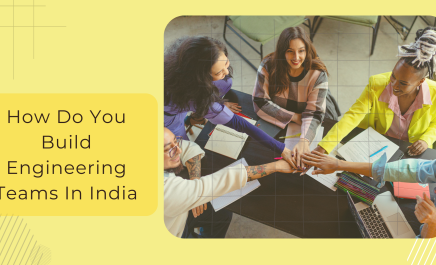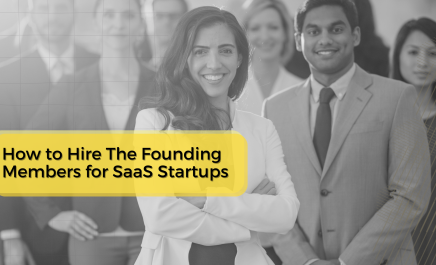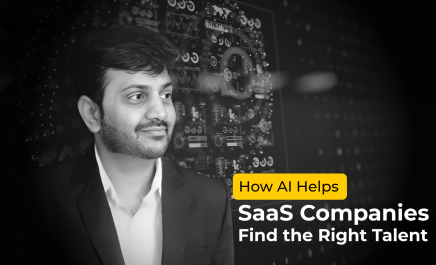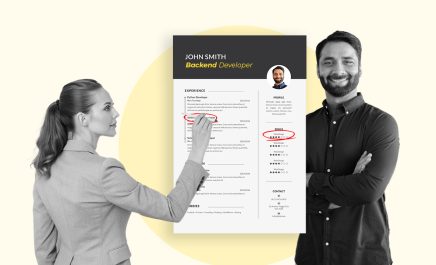How AI is Transforming SaaS Startups: Finding Product-Market Fit and Building the Right Team
- Jaymin Bhuptani
- October 25, 2024
- 3 Minute Read
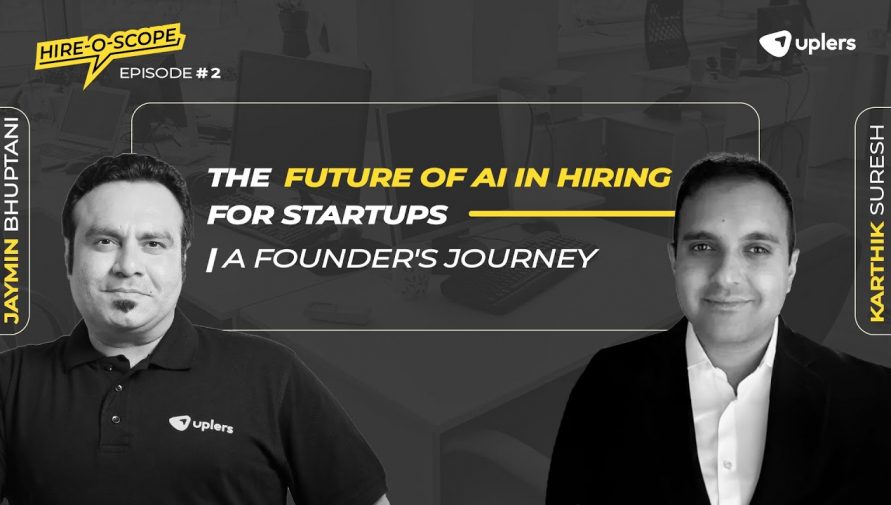
The SaaS industry is moving fast, and as founders, we face two major challenges: finding the right product-market fit and building a strong team to bring our vision to life.
In a recent episode of Hire-O-scope, I had the privilege of sitting down with Karthik Suresh, founder and CPTO of Ignition AI—a company backed by Altman Ventures and Sam Altman of OpenAI.
We talked about how the SaaS industry is evolving, the critical role of AI, and the importance of adaptability and human intuition in solving these challenges.
Our discussion also touched on the complexities of hiring global teams and building a strong workforce. Here are my key takeaways from that conversation.
From Vision to Reality: The Journey to Product-Market Fit
Finding product-market fit is one of the toughest challenges for SaaS startups. Karthik shared how Ignition’s journey required them to pivot from their original idea: “At Ignition, we started with a very specific problem in the go-to-market space… but soon we realized the problem we initially focused on wasn’t scalable. We had to pivot.”
This resonated with me because I’ve seen first-hand how being flexible is just as important as being passionate about your idea.
Karthik’s advice hit the mark: “As a founder, you’re often married to your idea… but if the market isn’t responding, you need to be ready to detach and pivot quickly.”
The lesson is clear: staying adaptable doesn’t weaken your vision—it strengthens it. Often, the right product-market fit only becomes clear after multiple iterations
The Global Talent Advantage: India vs. Europe
One of the biggest advantages for SaaS startups today is the ability to build distributed teams. I’ve seen this first-hand while hiring globally, and India has consistently stood out as a preferred destination.
Karthik put it well: “Hiring in India offers a distinct advantage in terms of technical talent. But you have to keep in mind that mindset differences can play a big role.”
Indian engineers are known for their technical depth and problem-solving abilities, but aligning them with global companies’ cultures is key. I’ve always believed that, and as I shared during our discussion: “Indian talent is known for its technical abilities, but aligning team members with the cultural nuances of global companies is essential.”
When I compare hiring in India to Europe, the differences are clear. While Europe offers structured, process-driven approaches, Indian talent brings adaptability and hunger for growth.
The challenge lies in bridging cultural differences—such as communication styles and work expectations—through open dialogue, cultural training, and inclusive work environments.
Startups that recognize these nuances and invest in cultural alignment are unlocking the full potential of their teams.
Every founder I know struggles with the pressure to hire fast without compromising on quality. Karthik summed it up perfectly. “In a startup, everyone needs to wear multiple hats, and the wrong hire can derail the entire project.”
I’ve learned that while scaling quickly is important, hiring the wrong person can set you back far more than taking a little extra time to find the right fit.
As Karthik put it – “You need to hire fast, but you can’t compromise on the quality or the alignment with your core values.”
For me, the balance between speed and quality comes down to having a clear hiring process and never settling when it comes to cultural alignment and technical excellence.
The Role of AI in Recruitment: Benefits and Limitations
AI is revolutionizing hiring, and I’ve seen how it can streamline processes like resume screening and interview scheduling. But as Karthik pointed out, it has its limitations. “AI has made leaps in automating workflows, but there are certain elements—like emotional intelligence—that AI still can’t gauge.”
I completely agree. While AI is a great tool, it can’t replace human judgment when it comes to cultural fit or emotional intelligence.
As I shared during our talk — “You can’t just rely on AI to make the decision. There’s a human element to hiring, especially when it comes to cultural fit and emotional intelligence.”
The way forward is to use AI as a co-pilot for efficiency while ensuring that critical decisions are made by people who understand the human nuances of hiring.
Key Lessons for Founders
Here are some of the most valuable lessons I’ve taken away from my conversation with Karthik–
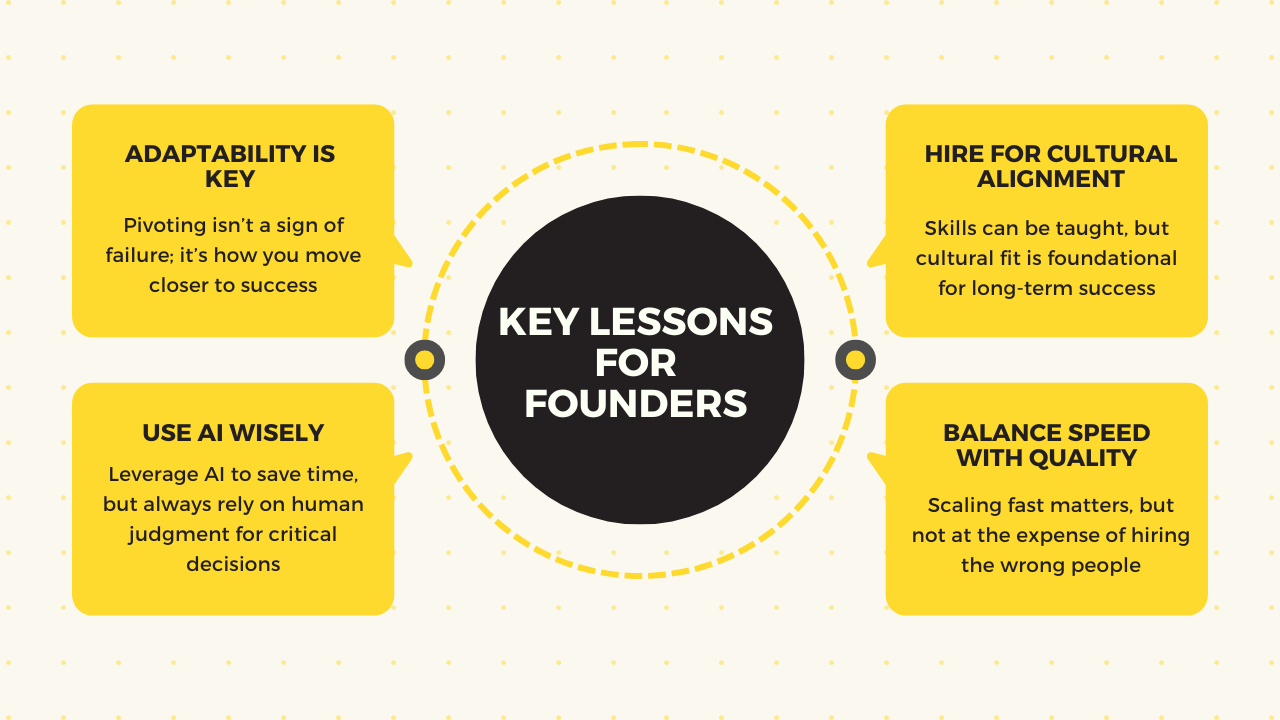
Conclusion
Building a successful SaaS startup isn’t easy. It requires adaptability, the right team, and a smart use of tools like AI. But at the heart of it all, the human element remains irreplaceable.
By focusing on cultural alignment, making thoughtful hiring decisions, and being willing to pivot when needed, founders can set their startups up for long-term success.
The future of SaaS is bright, and I’m excited to see how we can continue to blend technology with the human touch to drive innovation and growth.
What are your thoughts on balancing AI and human judgment in hiring?
Reference – https://open.spotify.com/episode/4raLlks4jKDXXErChz9Jud

Thank you for submitting the details!
We will keep your information safe. Feel free to contact us with any questions at hello@uplers.com
Please check your email for next steps shared by Robert.
